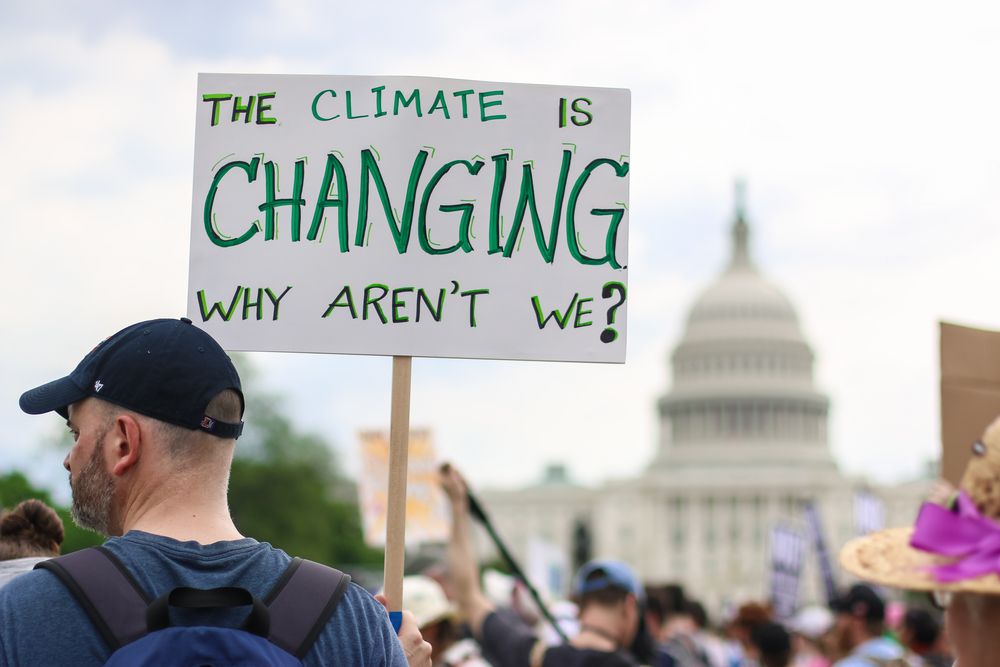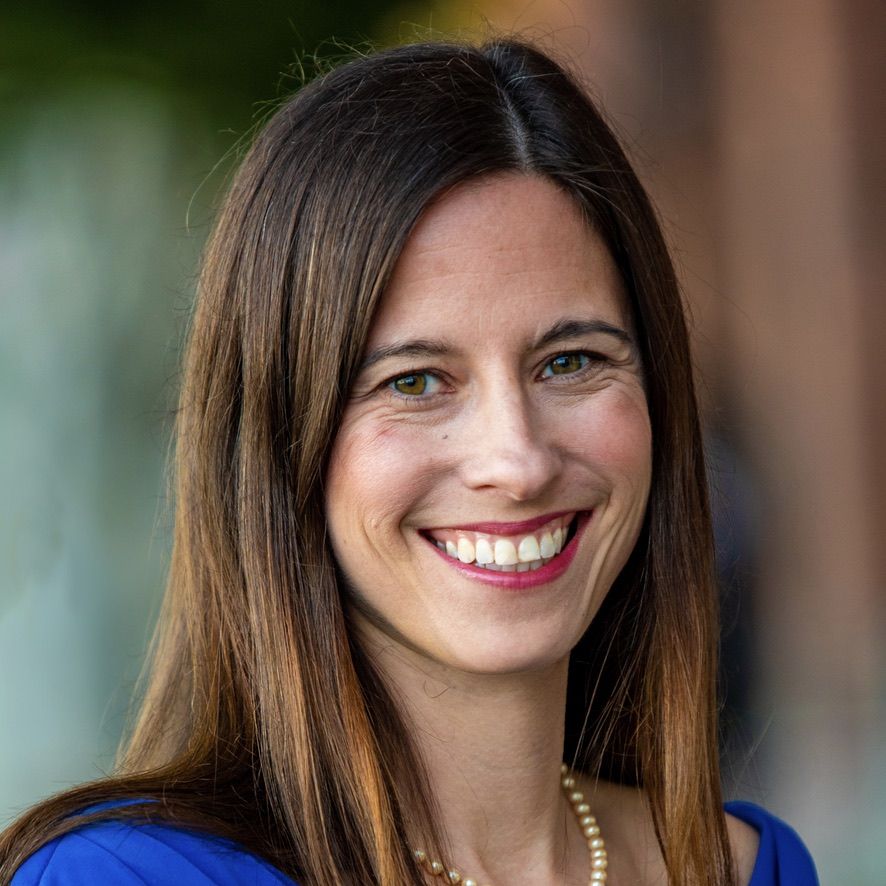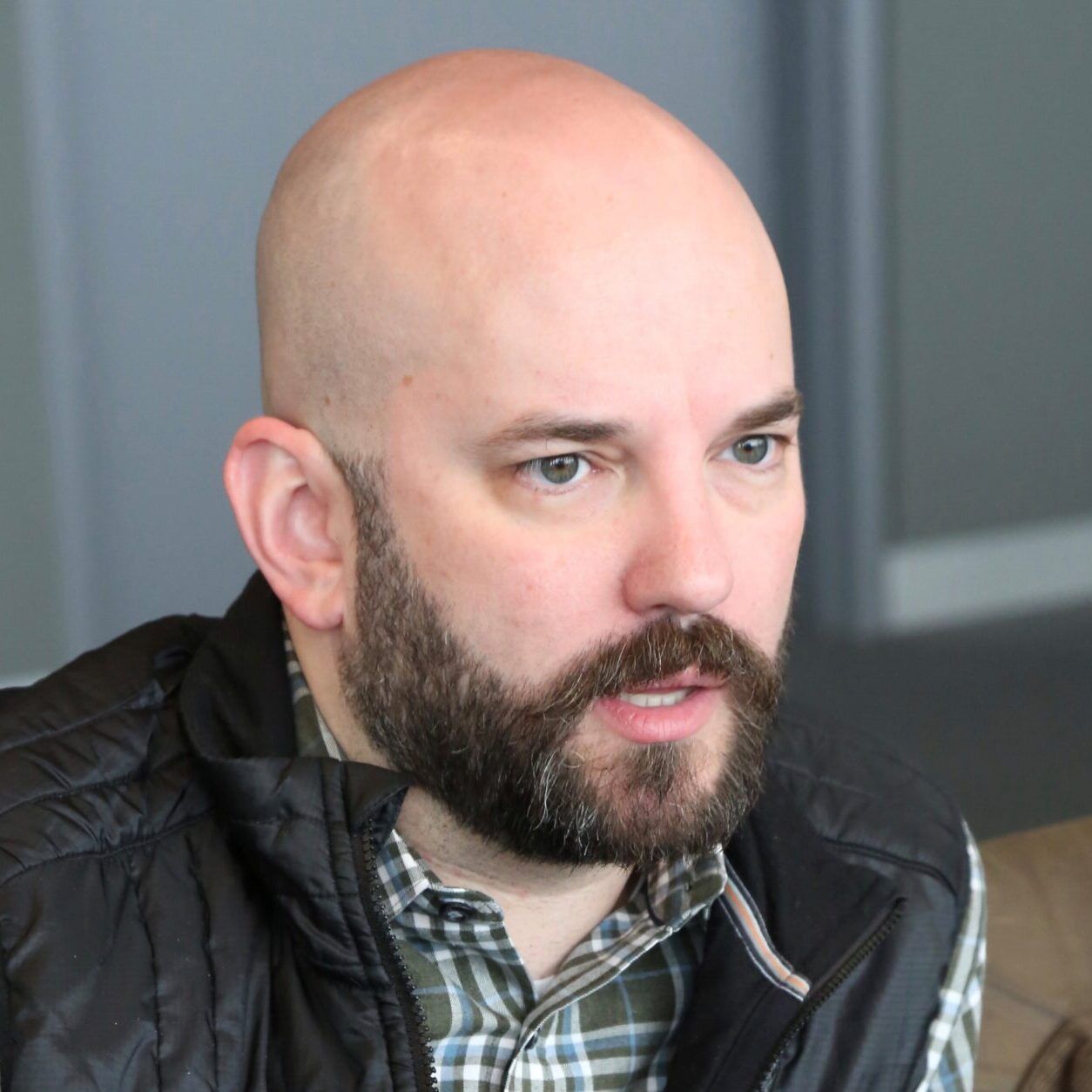Climate Tech Has A People Problem
Betsy Cooper, Greg Gershuny / Feb 24, 2022Betsy Cooper is the founding Director of the Aspen Tech Policy Hub at the Aspen Institute and Greg Gershuny is the Executive Director of the Aspen Institute Energy and Environment Program (EEP).
After much delay and serious damage to communities across the world, we are finally seeing an all-hands-on-deck response to climate change. The private sector is making large climate tech investments. Governments are increasingly prioritizing decarbonization in their work. International bodies such as the IPCC Working Group II continue to demonstrate our vulnerability to climate change. But there remains a big open question: are we actually tackling the right parts of the climate change problem?
The effects of climate change are already taking an enormous toll, reinforcing the need to accelerate decarbonization, and forcing us to develop policies to address a whole host of knock-on effects. A century’s worth of sea-level rise in 30 years and the worst megadrought in 1200 years in the West are just two examples of what we face. And the people who have historically been excluded and marginalized are and will continue to experience the worst of these effects. It will take all our resources and ingenuity working together to succeed and ensure we don’t leave the vulnerable behind.

Even well-intentioned governments are struggling to align their policies to the reality of climate change. The State of California recently paused their efforts to increase fees on solar energy customers selling energy back to the state electric grid, after advocates successfully argued that the new proposed fees would discourage future solar adoption. Many recent efforts to improve water security, affordability and access ignore the legacies of environmental racism and injustice that will affect their implementation.
One reason for this misalignment is that we might not have the right people dedicated to preventing climate change. Too often, experts either have deep knowledge in the science or technology underpinning climate change mitigation, or the policy controlling how it develops. Very few people have expertise in both climate tech and climate policy.
These challenges are exacerbated because the climate policy world lacks diversity across a number of dimensions. Recent studies suggest that white men continue to dominate discussions about climate change. Voices of color remain marginalized in clean energy spaces. And women are still missing on the leadership and boards of clean tech companies. The Biden Administration’s whole-of-government Justice40 Initiative demonstrates badly needed urgency and scale. But, unless we build a community that can answer this call – that can balance technical and climate fluency with an understanding of the cost to people usually given short shrift (including women, people of color and those living in poverty) – it won’t be successful.
We have encountered this type of people problem before. In 2018, the Aspen Institute launched the Aspen Tech Policy Hub to solve a related issue: that diverse voices with deep technology expertise were absent from the tech policy space. We believe one of the most promising ways to bring more voices to the table is through practical learning. We run multi-week training programs on topics such as translating technical concepts into plain language, writing for policy, and stakeholder mapping, giving people the real skills they need to support government decisionmaking and beyond. And it works; our alums are now running programs in the White House and across federal agencies.
The climate and energy space needs a similar push at this critical moment. So we are partnering with our colleagues at the Aspen Institute Energy and Environment program to run a new program – the Aspen Climate Cohort – focused on training scientists and technologists how to get involved in climate policy. By focusing on issues such as carbon dioxide removal, oceans and waters, and social justice and climate change, we hope to train a new generation of climate policy experts who will help shape these issues.
The bottom line is, we need more people who understand the science and technology underpinning climate change at the table as big decisions are made. And we need diverse voices to highlight unexpected consequences of our decisions, so that groupthink does not lead us to ignore climate change’s effects on underserved communities.
Having the right people in the room, on its own, won’t prevent climate change. But until science and policy can talk to each other, we are unlikely to make adequate progress. Given the urgent moment in the climate crisis, that is a stalemate none of us can afford.
Authors

